Description
1. Planting
- Plant in nutrient-rich substrate like aquasoil, fine gravel, or sand, ensuring the crown (where leaves meet roots) remains above the substrate to prevent rot.
- Plant in bunches or singly in the mid-ground or background of the aquarium, depending on desired effect.
- For better growth, root tabs and/or liquid fertilizers.
2. Lighting
- Corkscrew Vallisneria thrives in moderate to high lighting conditions (30-50 PAR).
- While it can tolerate low light, growth will be slower.
- High lighting promotes faster growth and vibrant leaf color.
3. Water parameters
- Temperature: 68°F – 82°F (20°C – 28°C).
- pH: 6.5 – 8.0, preferably slightly alkaline.
- Hardness: Soft to moderately hard (4-18 dGH).
- Water Flow: Moderate flow is ideal to deliver nutrients without damaging leaves.
4. Fertilization
- Corkscrew Vallisneria is a root feeder, absorbing most nutrients from the substrate.
- Root tabs are recommended for optimal growth, especially in inert substrates like sand or gravel.
- Liquid fertilizers containing essential micronutrients like potassium and iron can supplement root feeding.
- CO2 supplementation is not required but will enhance growth and leaf color.
- Caution: Vallisneria species can be sensitive to glutaraldehyde (found in some liquid carbon supplements), so be cautious with its use and follow instructions carefully.
5. Maintenance
- Regular trimming is necessary to prevent overcrowding and maintain desired appearance.
- Trim excessive growth with sharp scissors to prevent it from shading out other plants.
- Remove any dying or melting leaves at the base to prevent rot.
6. Propagation
- Corkscrew Vallisneria readily reproduces through runners, sending out new plantlets along the substrate.
- Allow new plantlets to develop roots and leaves before separating them from the mother plant.
- Plant separated runners or leave them attached to spread naturally.
7. Troubleshooting
- Melt: Melting leaves are common during acclimation to a new environment, but the plant will usually recover if roots are healthy.
- Yellowing leaves: May indicate iron deficiency or insufficient lighting.
- Red coloration: Can be caused by excessive light or nutrient deficiencies.
8. Additional tips
- Avoid burying the crown (where the plant stem meets the roots) in the substrate, as this can lead to rot.
- Corkscrew Vallisneria is compatible with peaceful freshwater fish and invertebrates, providing excellent cover and foraging grounds.
- It’s a great choice for tanks with herbivorous fish as its rapid growth can withstand occasional nibbling.
- It can even tolerate slightly brackish conditions.
- Be patient and provide consistent care, and your Corkscrew Vallisneria will thrive and create a beautiful, lush aquascape



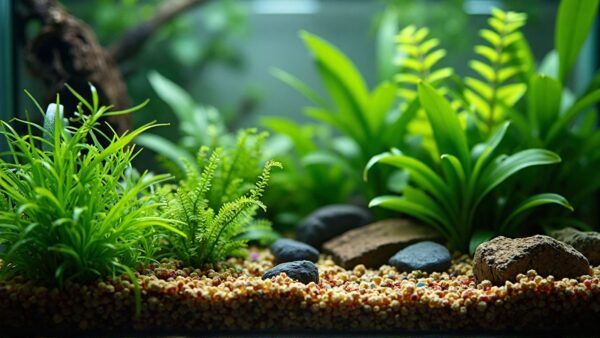
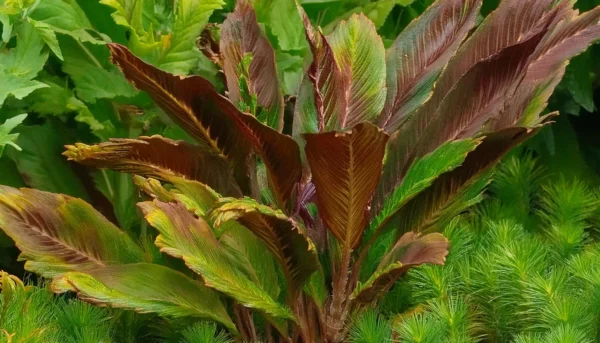
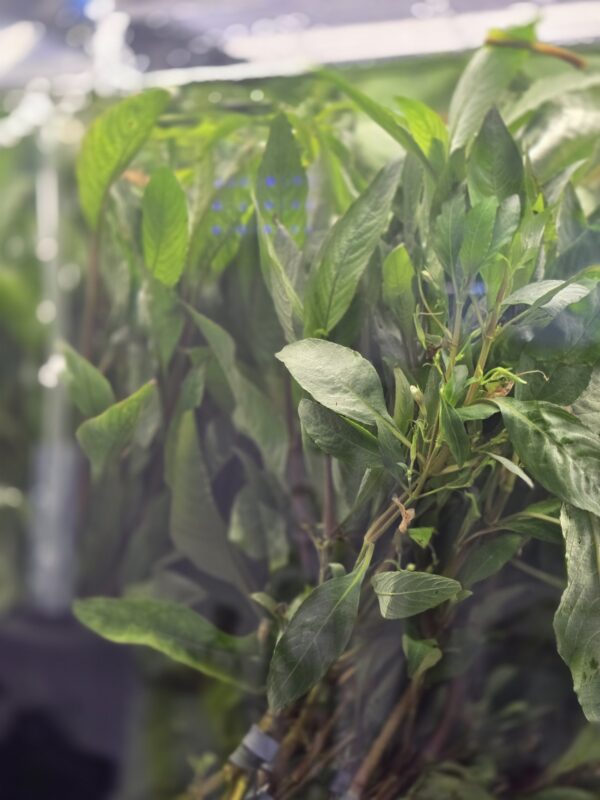
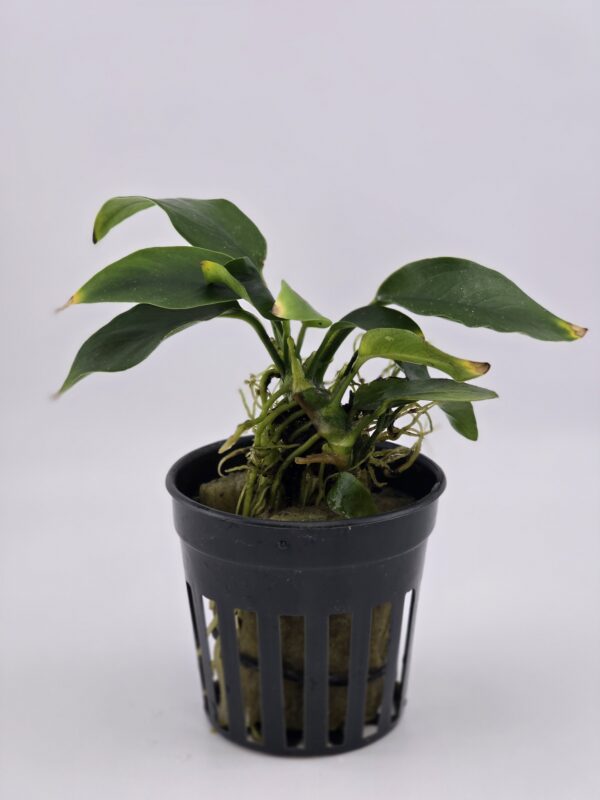
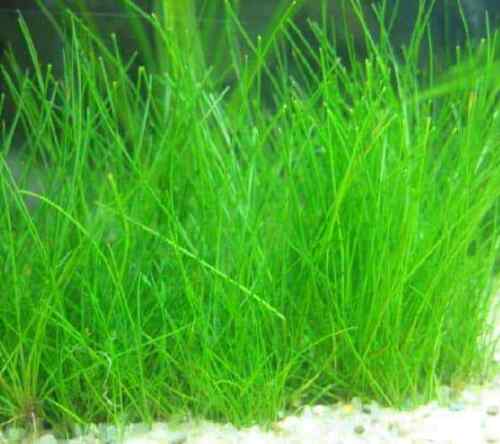
Reviews
There are no reviews yet.